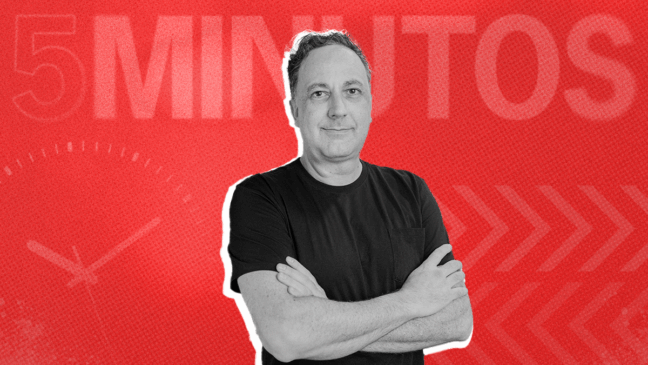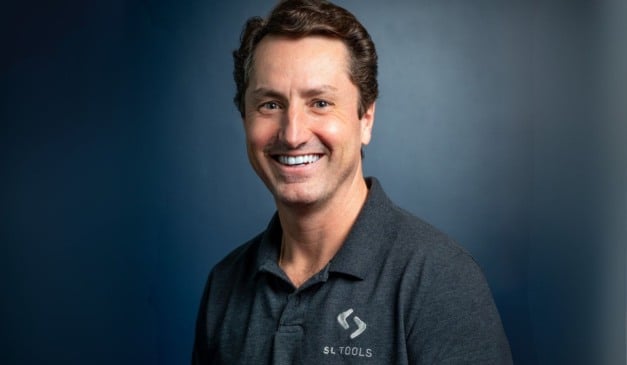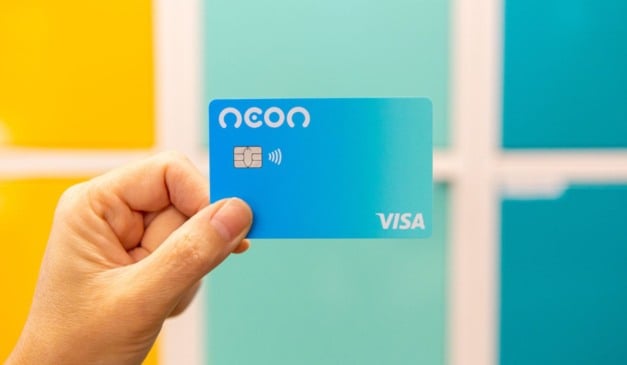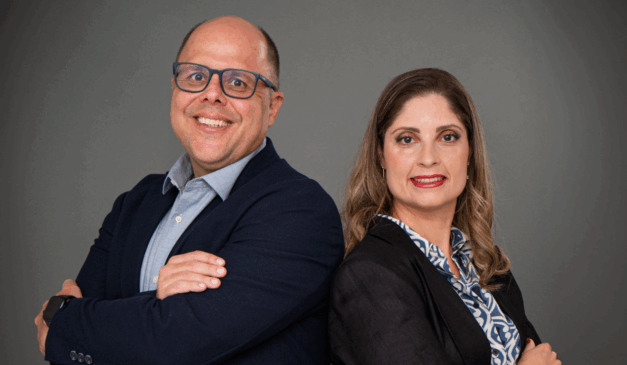
Essa notícia também está disponível em português
Three months after becoming a unicorn, Brazilian social commerce platform Facily has already started to structure its next steps. With lined pockets, the startup plans to enter the financial services industry, invest in infrastructure and improve customer service.
The app was created in 2018 by Diego Dzodan, former vice president for Latin America at Facebook , former Airbnb executive Luciano Freitas and Vitor Zaninotto, ex-SAP. The startup with a focus on low-income audiences: through Facily’s platform, by purchasing goods with family or friends, users benefit from prices up to 70% lower than traditional supermarkets or e-commerce websites. Since its inception, the business has had more than 17.5 million downloads and receives an average of 400.000 requests per day.
The proposal attracted national and international investors, including the DX Ventures fund and German delivery app Delivery Hero, which together contributed $250 million into the startup’s series D round last November. The unicorn status came a month later, when Facily raised a $135 million round extension and surpassed $1 billion in market value. The investment was led by Goodwater Capital and Prosus, an investor in Movile, with participation from Rise Capital, Emerging Variant and Tru Arrow.
With the capital boost, the startup now plans to enter financial services, and that could happen later this year. “Payment processing is the most obvious [place to start], but [the portfolio] will continue to evolve. Perhaps our consumers do not have access to the typical services provided by large banks and insurance companies, and we are in a great position to expand”, says Dzodan, in an interview with Startups.
“One of Facily’s greatest advantages is that we are focused on helping the type of consumer and population profile that is totally excluded from e-commerce”, the co-founder points out. “[The goal is] to increase services so that they don’t miss out.” Without giving out too many details, the executive says the expansion of the portfolio can happen through the integration of third-party solutions with the Facily platform, with a focus on fintechs.
Customer service and greater efficiency
Facily’s entry into unicorn land came at a delicate time for the startup. Although the number of requests on the platform grew to 7.1 million from January to October 2021, complaints against the company at Brazil’s consumer rights agency Procon reached almost 60,000 in 2021 – something like 80 complaints per hour.
The volume of manifestations of unhappy customers meant Facily became a record-breaking app in terms of complaints in 2021. With the negative repercussion, the company committed to compensate affected consumers, reduce the number of complaints by 80% and create a fund of R$ 250 million ($ 49 million) to repair damages to consumers.
In this context, improving the customer experience has become a priority for the startup. According to Dzodan, some of the firm’s latest investment will go towards self-service tools to “give consumers visibility to everything that is happening with the order” throughout the life cycle – from the moment of purchase to delivery to the consumer’s doorstep. The solution will allow users to see if deliveries are on time, cancel items, add products and track the entire process digitally, without having to speak directly to an employee.
In addition, the company is looking at improving the application technology as a whole. “We built a platform for each end of the service – the consumer, seller and point of pick-up – to help them in each task and have more control and visibility of what is happening”, explains Diego, adding that the startup has a large development function which will be focused on continuing to improve the platform.
The money will also improve logistics, with new and larger distribution centers as well as delivery capacity. “We will continue to make investments to optimize logistics at the last mile [when the goods leave the distribution center for the final destination] to deliver products faster and at a lower cost to customers”, says the entrepreneur, citing improvements in the processes around product picking, packaging and new machinery.
Without revealing specific numbers, Dzodan says the focus on these advances will see a boost for the 860-strong workforce. “We want to consolidate the team and improve the processes so that everything is very efficient before we move on to a new wave of expansion”, he explains.
New markets
In theory, Facily is present in 9 major Brazilian cities, including São Paulo, Rio de Janeiro, Salvador and Belo Horizonte. But, according to Dzodan, the footprint is even greater, since distribution centers in these regions serve smaller cities close to the large urban centers. In the state of São Paulo, for example, deliveries are already made in about 20 municipalities.
The goal for 2022 is to keep getting closer to consumers. “We are constantly opening new distribution centers or expanding the capacity of the current ones, this will continue in the coming years, as the business continues to grow”, says the executive. The startup also wants to increase the number of suppliers selling on the platform.
International expansion is also on the horizon, starting with Mexico and Colombia. This process, according to Diego, should happen between the end of 2022 and the beginning of 2023. “Although Brazil is a giant market, we believe that there is an opportunity to help more people from other countries”, the entrepreneur says. “The base of the [socioeconomic] pyramid in Mexico and Colombia is not very different from what you see in Brazil: these market segments are huge, with consumers concerned about prices, comparing prices and sharing tips with each other”, the executive points out.
Series E and IPO
When asked whether Facily should raise a new round in 2022, Dzodan states “the answer to that question will depend on how some macroeconomic variables evolve”. He cites the evolution of interest rate increases, especially in the United States, and the geopolitical context in the face of the war between Russia and Ukraine as some of the variables that might impact the firm’s fundraising endeavors.
“Considering the current market reality, we don’t imagine a round of investment [this year], because we don’t have the need for it. Unless the market is very favorable, I don’t imagine that Facily will actively look for a new round”, Dzodan says, while recognizing the ecosystem can change quickly, which could open space for more investors in the captable.
An IPO is also on the founder’s radar. According to Dzodan, the IPO should not happen anytime soon, as “investors still have a horizon in terms of holding their positions in Facily for a long time and, at the moment, no one needs [increase the] liquidity”.
The executive notes the public offering should take place at a time when the startup needs more capital and there are no private investment funds able to meet the volumes of funding needed to continue expanding the business. “We imagine that this will happen in at least 2 to 3 years,” he concludes.
(translation by Fabiana Rolfini, editing by Angelica Mari)








